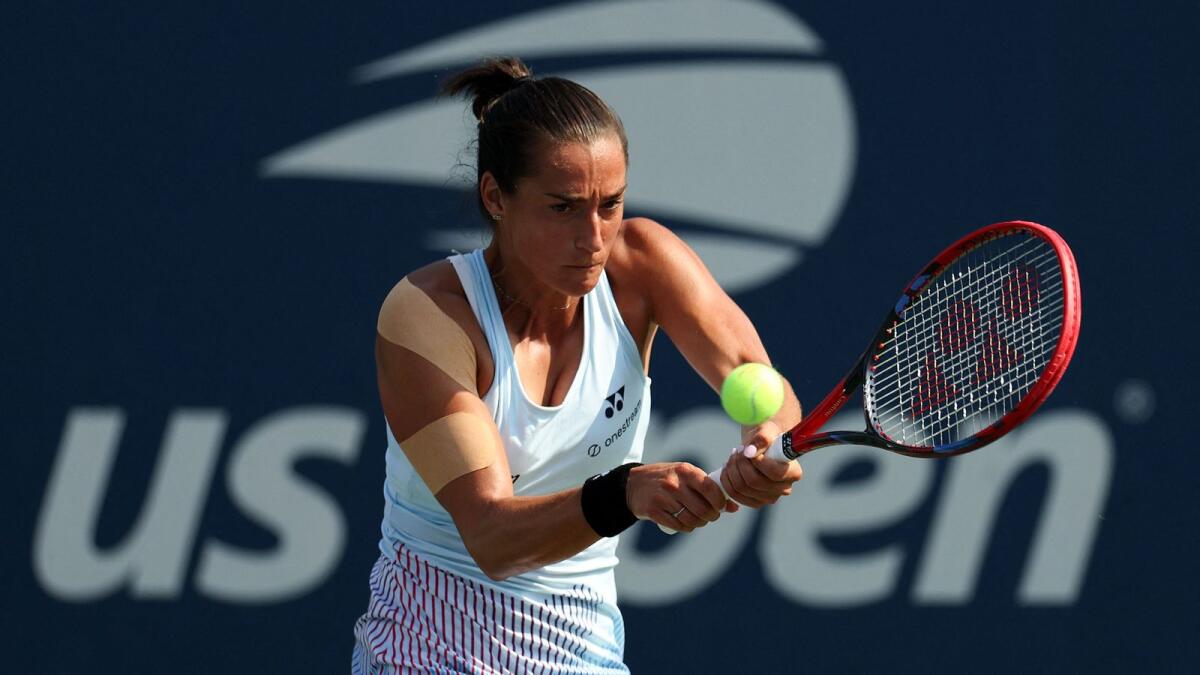Caroline Garcia, a former world number four tennis player from France, recently shared some of the abusive messages she has received on social media following her recent defeats. The 30-year-old player cited “unhealthy betting” as a contributor to the rise in social media abuse directed at players. She expressed concern about the impact of these messages on younger players who may not have the coping mechanisms in place to deal with such hate. Garcia also questioned the partnership between sports and tournaments with betting companies, suggesting that it may attract individuals to engage in unhealthy betting practices.
In a detailed post on social media, Garcia highlighted some of the disparaging messages she has received, including death threats and wishes for harm to her loved ones. Despite having tools to protect herself from such hate, Garcia emphasized that this kind of behavior is unacceptable. She called for a reconsideration of online anonymity and questioned why online abuse is allowed when similar behavior in public could lead to legal repercussions. Garcia stressed the need to address the issue of abusive messages directed at players, noting that previous efforts to shield players from such behavior have not been effective.
Other tennis players, including defending US Open champion Coco Gauff, shared their own experiences of receiving abusive messages online. Gauff expressed how such comments can quickly change a good day and emphasized the importance of blocking individuals who post harmful content. American player Jessica Pegula also voiced her support for Garcia, stating that constant death threats and family threats have become normalized in the tennis community. These insights shed light on the pervasive nature of online abuse directed at athletes and the need for proactive measures to address this issue.
The impact of social media abuse on professional athletes extends beyond the individual players and can have broader implications for the sports industry as a whole. Garcia’s remarks about the partnership between tournaments and betting companies raise questions about the responsibility of sports organizations in promoting healthier online environments for their participants. With the prevalence of online abuse affecting athletes across various sports, there is a growing urgency to implement effective strategies to combat this issue and provide players with a safer online experience.
Efforts to address online abuse in sports have included initiatives such as using artificial intelligence to filter players’ social media accounts and providing monitoring services to protect athletes from online threats. Despite these measures, the problem persists, with players like Garcia and Gauff continuing to face harmful messages online. The resilience and determination shown by these athletes in standing up against online abuse serve as a reminder of the importance of supporting individuals in the sports community. By raising awareness and advocating for change, players like Garcia are paving the way for a more respectful and inclusive online environment for athletes worldwide.











